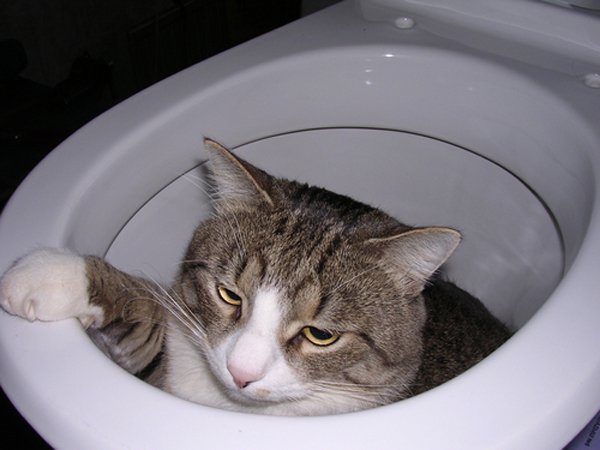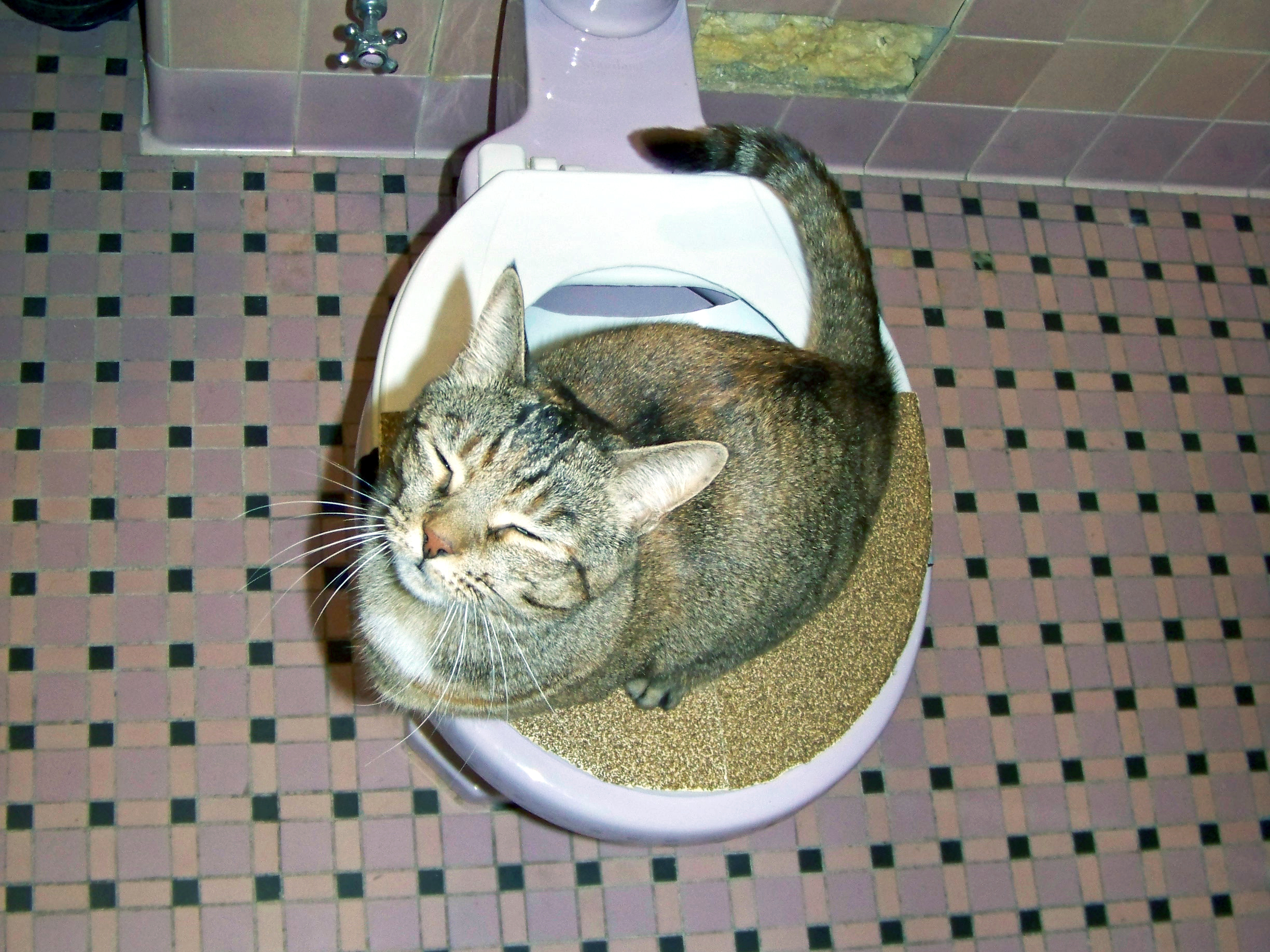Have you been on the lookout for information and facts Can You Flush Cat Poo or Litter Down the Toilet??

Introduction
As pet cat owners, it's important to be mindful of just how we throw away our feline buddies' waste. While it might seem convenient to purge feline poop down the toilet, this practice can have detrimental repercussions for both the environment and human health.
Ecological Impact
Flushing cat poop presents damaging pathogens and parasites right into the supply of water, posturing a significant danger to marine communities. These contaminants can negatively influence aquatic life and compromise water top quality.
Health Risks
In addition to ecological issues, flushing feline waste can also pose health and wellness dangers to humans. Cat feces might include Toxoplasma gondii, a parasite that can cause toxoplasmosis-- a potentially severe health problem, especially for expectant females and individuals with damaged body immune systems.
Alternatives to Flushing
Luckily, there are safer and more liable means to take care of pet cat poop. Consider the adhering to options:
1. Scoop and Dispose in Trash
The most usual method of taking care of cat poop is to scoop it into a biodegradable bag and toss it in the garbage. Make certain to utilize a committed trash inside story and deal with the waste immediately.
2. Usage Biodegradable Litter
Go with eco-friendly cat trash made from materials such as corn or wheat. These clutters are environmentally friendly and can be safely taken care of in the garbage.
3. Hide in the Yard
If you have a yard, consider hiding feline waste in a marked area far from vegetable gardens and water sources. Make certain to dig deep enough to avoid contamination of groundwater.
4. Set Up a Pet Waste Disposal System
Invest in a pet dog waste disposal system particularly created for feline waste. These systems use enzymes to break down the waste, lowering odor and environmental effect.
Final thought
Liable animal ownership expands past supplying food and sanctuary-- it likewise involves correct waste administration. By refraining from flushing cat poop down the bathroom and opting for different disposal methods, we can minimize our ecological footprint and secure human wellness.
Why Can’t I Flush Cat Poop?
It Spreads a Parasite
Cats are frequently infected with a parasite called toxoplasma gondii. The parasite causes an infection called toxoplasmosis. It is usually harmless to cats. The parasite only uses cat poop as a host for its eggs. Otherwise, the cat’s immune system usually keeps the infection at low enough levels to maintain its own health. But it does not stop the develop of eggs. These eggs are tiny and surprisingly tough. They may survive for a year before they begin to grow. But that’s the problem.
Our wastewater system is not designed to deal with toxoplasmosis eggs. Instead, most eggs will flush from your toilet into sewers and wastewater management plants. After the sewage is treated for many other harmful things in it, it is typically released into local rivers, lakes, or oceans. Here, the toxoplasmosis eggs can find new hosts, including starfish, crabs, otters, and many other wildlife. For many, this is a significant risk to their health. Toxoplasmosis can also end up infecting water sources that are important for agriculture, which means our deer, pigs, and sheep can get infected too.
Is There Risk to Humans?
There can be a risk to human life from flushing cat poop down the toilet. If you do so, the parasites from your cat’s poop can end up in shellfish, game animals, or livestock. If this meat is then served raw or undercooked, the people who eat it can get sick.
In fact, according to the CDC, 40 million people in the United States are infected with toxoplasma gondii. They get it from exposure to infected seafood, or from some kind of cat poop contamination, like drinking from a stream that is contaminated or touching anything that has come into contact with cat poop. That includes just cleaning a cat litter box.
Most people who get infected with these parasites will not develop any symptoms. However, for pregnant women or for those with compromised immune systems, the parasite can cause severe health problems.
How to Handle Cat Poop
The best way to handle cat poop is actually to clean the box more often. The eggs that the parasite sheds will not become active until one to five days after the cat poops. That means that if you clean daily, you’re much less likely to come into direct contact with infectious eggs.
That said, always dispose of cat poop in the garbage and not down the toilet. Wash your hands before and after you clean the litter box, and bring the bag of poop right outside to your garbage bins.
https://trenchlesssolutionsusa.com/why-cant-i-flush-cat-poop/

We had been guided to that report about Don’t flush cat feces down the toilet from an acquaintance on a different blog. Do you know about someone else who is interested by How to Dispose of Cat Poop and Litter Without Plastic Bags? Please feel free to promote it. I value reading our article about Can You Flush Cat Poo or Litter Down the Toilet?.
View Website